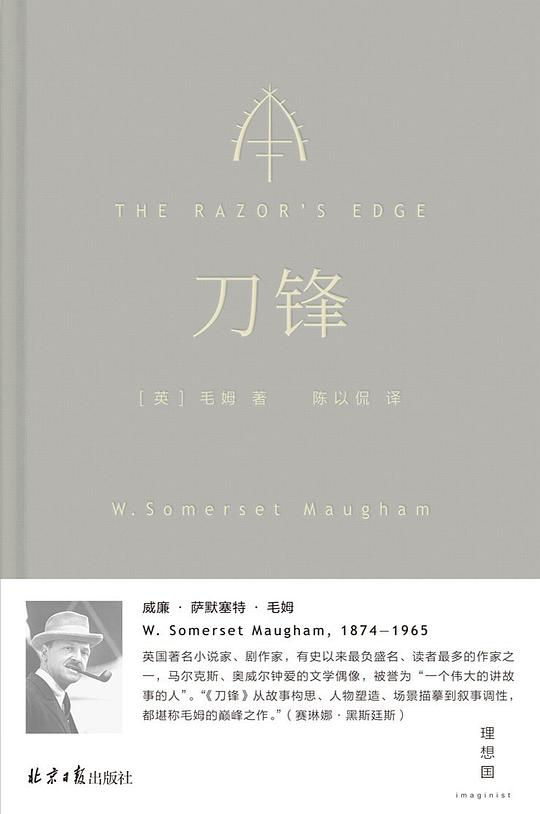
刀锋舞蹈震颤80年
书名:刀锋
1
0

火影忍者 2023-06-15 00:07:23
William Somerset Maugham, perhaps the literary figure with the most "names" in the industry:
- A novelist with the most readership since Dickens; - A British spy who infiltrated Russia; - A bisexual man who had affairs with other mens wives; - A writer who disliked women and spoke harshly; - The ceiling of a second-rate novelist (self-proclaimed by Maugham) - ...
Biographies of Maugham are even more fascinating than many novel plots. When it comes to Maughams literary achievements, it seems that his long novel "The Razors Edge," published in 1944, cannot be ignored:
According to Maughams biographer, "The Razors Edge" is one of Maughams most interesting novels. It has a similar theme to Maughams most famous novel "The Moon and Sixpence," but it is completely different.
This novel, published by Ideal State Press and retranslated by Chen Yikun, is the first Maugham novel I have re-read. Maugham is a master storyteller.
In the process of rereading "The Razors Edge," I quickly found the joy of reading literature. The story of "The Razors Edge" is fascinating, the characters are interesting, and the plot is rich in twists and turns. It has the qualities of a classic popular novel.
Maughams novels also have a characteristic in which he often participates in his own novels as a witness, playing the role of a storyteller, and he likes to use his venomous tongue. He always stands in front of the reader, enjoying the same treatment as the protagonist.
I believe that every reader will be attracted by the protagonist of the story, Larry. He is a character that is barely visible in the novel, yet carries the spiritual core of "The Razors Edge."
This energetic, handsome young man, who looks promising in the eyes of his fiancées family, did a series of incomprehensible actions after returning to his homeland in the United States after World War II. He first cancelled his engagement with Isabel, then successively rejected Elliots offering him a chance to enter the glamorous world, and worked in finance with his old friend Gray in the United States, and disappeared from everyones world.
In his "ghost-like" life for more than ten years, every time he appears in the lives of these people, he brings incredible experiences: he has worked as a laborer in mines and farms; he went to India alone and lived with monks for five years; he returned to Paris and suddenly announced that he would marry his childhood friend, but then escaped from the wedding...
This and the American society that was living a wealthy life and then suffered from a financial crisis at the time were almost two parallel worlds.
In the conversations spanning ten years, we seem to be able to glimpse the tragedy of Larrys "unreasonable" behavior: Larry, who was still serving on the battlefield, witnessed his comrades die to save him.
After facing the physical and mental trauma of life and death, when he returned to the American society, which symbolized rebirth and ideals, Larry seemed unable to accept the life that followed calmly.
Faced with the sudden return of materialism, Larry felt ashamed spiritually. "I am alive purely by luck. I dont want to waste my life. I dont understand why there is evil in the world."
And Maugham expressed his concerns about the "American Dream" through the frank Larry:
"We are the most idealistic group of people in the world; I just feel that one is that we put our ideals on the wrong target, and two, the greatest ideal of a person should be self-improvement."
While Larry pursued his "true self" in seclusion, another character, Elliot, an old aristocrat whom Maugham had meticulously shaped, made me even more excited.
He represents the figure of many European and American aristocrats: chasing fame and fortune all his life, yearning for and loving to participate in social gatherings, and has the means to mix with upper-class circles, while also adhering to his principles and sincerity. He is a pitiful Don Quixote, pursuing worthless goals, even though the world no longer belongs to them.
Compared with the living Elliot, Larry seemed like a beautiful symbol.
Every character in "The Razors Edge" and their respective fates are closely related to the ancient Indian philosophy written on the epigraph of the book: "The path to enlightenment is difficult, like walking on a razors edge."-the "Jataka Tales".
The "Jataka Tales" of ancient India mainly explores the origin and relationship between human life and the universe, realizes who "I" am and finds the true self (Atman). However, in the frank conversation between Larry and Maugham, it is not difficult to find that both Larry and Maugham also hold a half-understanding attitude towards "how to find ones true self," and neither the reader nor the author knows.
"The Razors Edge" as a whole does not provide metaphysical guidance to readers like a doctrine. Rather, it is a showcase of how different characters make different choices in the face of destiny and the changes of the era, and achieve personal redemption.
Maugham said that it was a book in which he unconsciously wrote a story of everyones success.
Each character involved in it has obtained what they want: Elliot has a social status; Isabel has huge wealth support, and Larry has happiness.
Larry practices self-redemption in "The Razors Edge," Elliot pursues the illusion left by the old era in "The Razors Edge," and Isabel searches for opportunities to settle in the new world in "The Razors Edge."
And every reader who is currently reading "The Razors Edge" is dancing to which tune on the razors edge of life.
相关推荐
萤火谷的梦想家
艾莉森•麦吉出生于1960年,是美国《纽约时报》畅销书作家,同时也是大都会州立大学创意写作课的教授。她的作品被翻译成20多种语言并出版,也曾被提名普利策奖,并获得苏斯博士奖金奖、克里斯托弗图书奖、美国 [美]艾莉森•麦吉/[美]克里斯托弗•丹尼斯/绘 2023-03-27 16:50:25鬼马女神捕1·绝密卧底(上)
腹黑凤凰vs毒舌鸡妖——蓝翎:“小姬,跟我去人界吧!”姬十四:“干吗?让人宰了我做小鸡炖蘑菇吗?”蓝翎:“不啊,让妖怪宰了你做小鸡炖蘑菇更气派。”凤凰蓝翎和鸡妖姬十四生活在无忧无虑的灵界。他们的故乡叫 郝天晓 2023-04-17 00:22:47© 2023-2025 百科书库. All Rights Reserved.


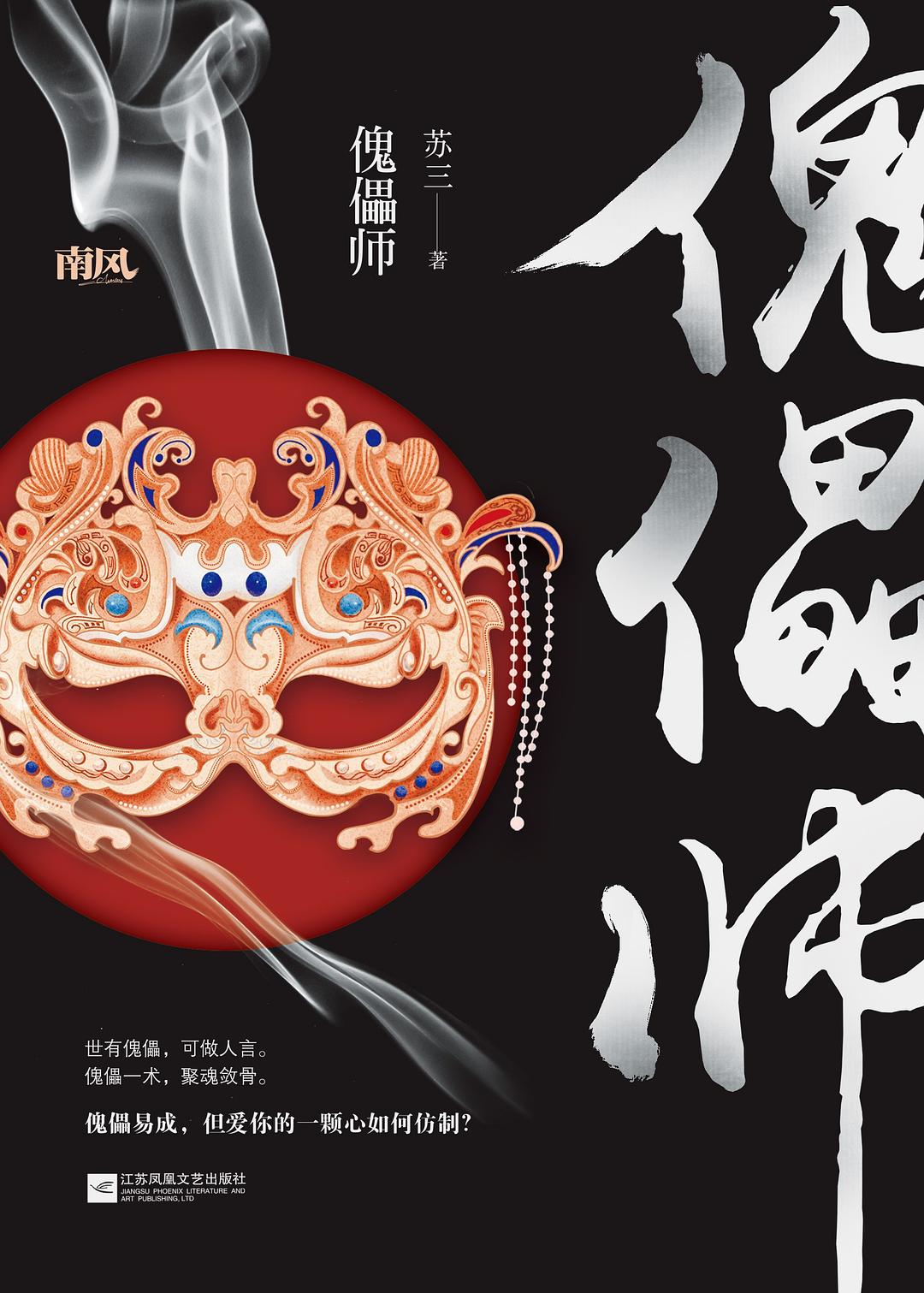
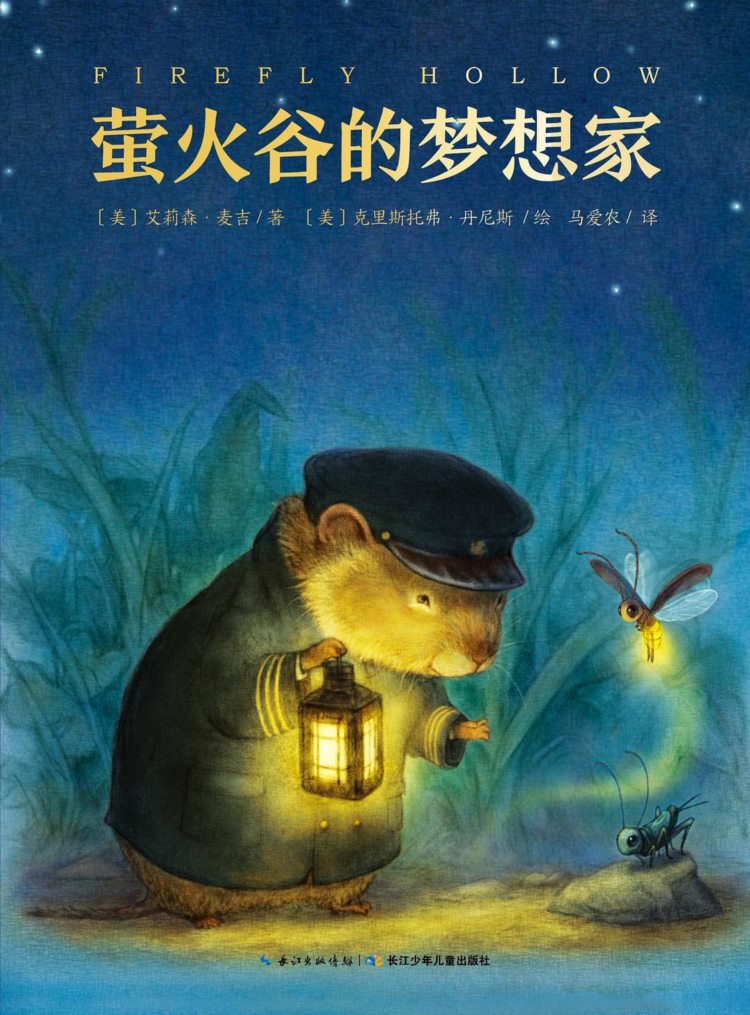
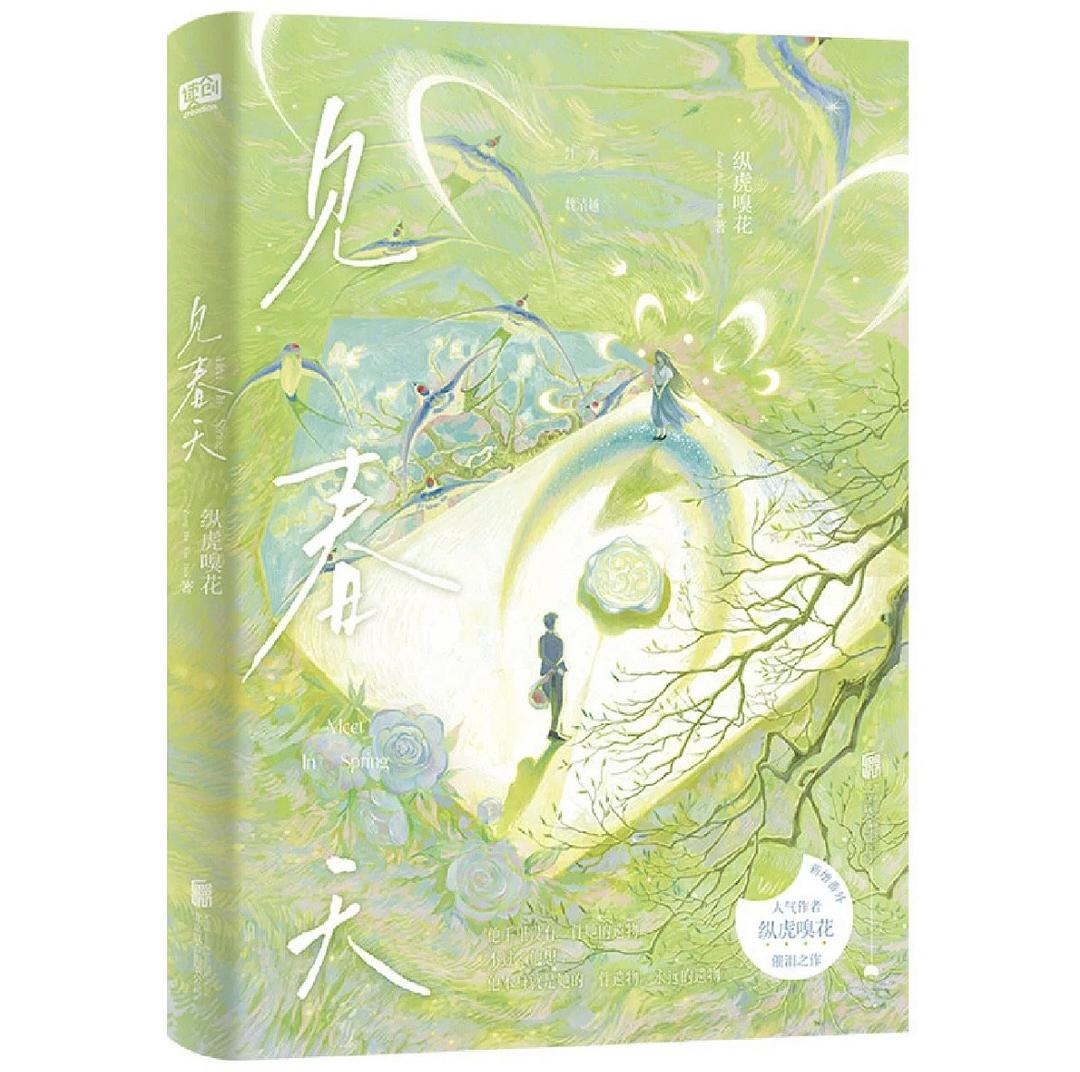





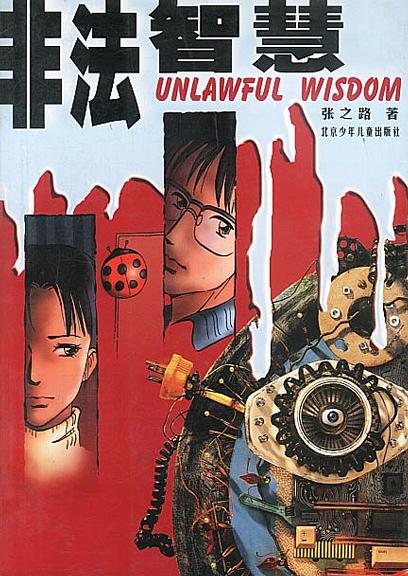
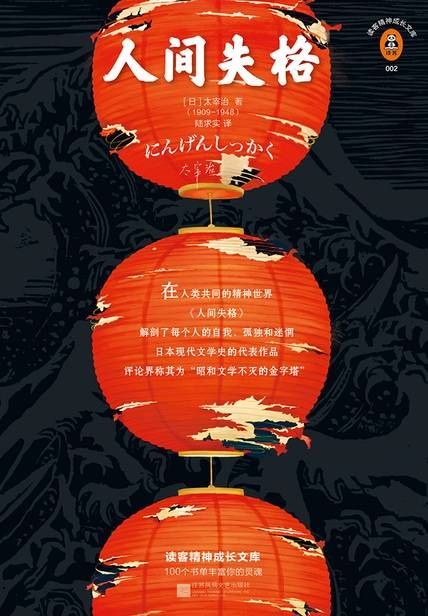
发表评价